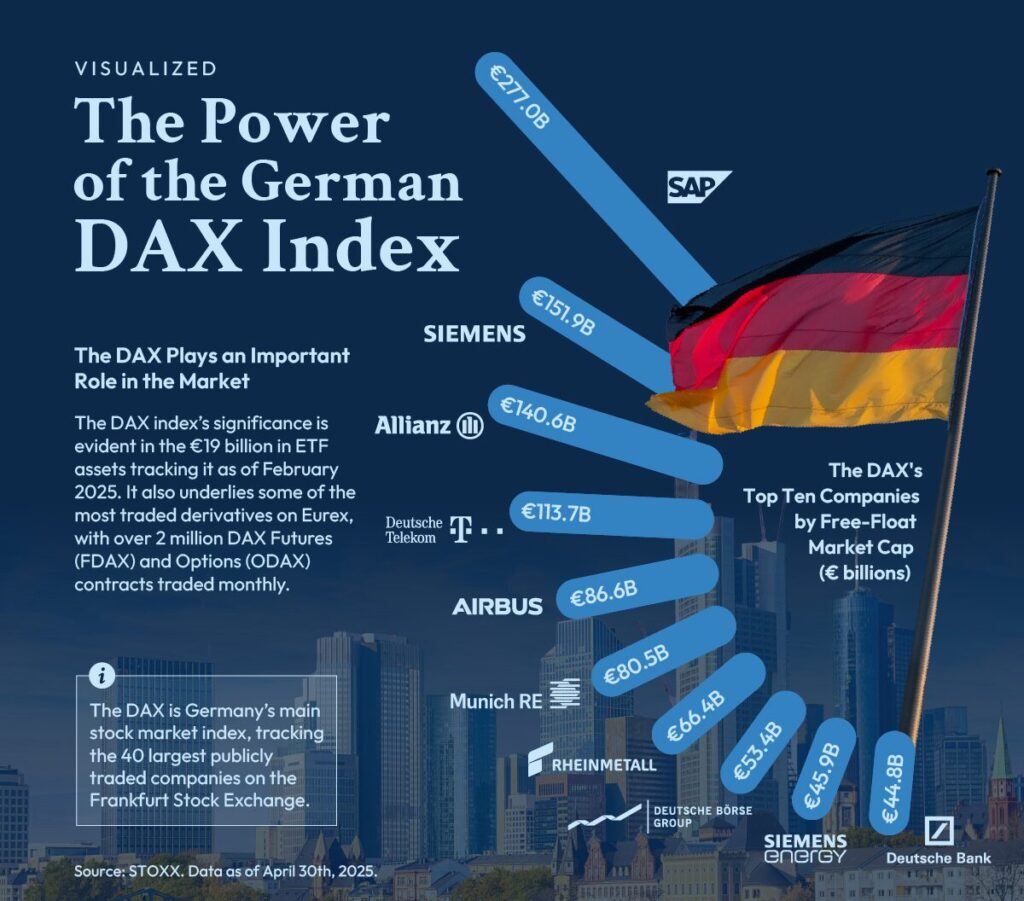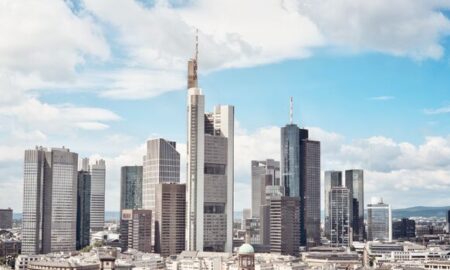
The DAX® index tracks the performance of the 40 largest companies listed on the Regulated Market of the Frankfurt Stock Exchange (FSE) that fulfil certain minimum quality and profitability requirements, hence representing Germany’s diversified economy. Constituent selection is based on free-float market capitalization.
DAX is one of the few major country indices that also takes dividends into account in its most popular version, thus fully reflecting the total return of an investment in the index portfolio. The German benchmark is a popular underlying for ETFs, exchange-traded derivatives and investment certificates.
Key benefits
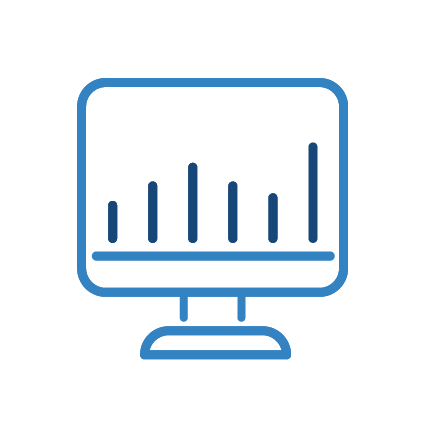
Recognized
DAX is the defining index for the German equity market, it serves as underlying for financial products (options, futures, ETFs, structured products) and for benchmarking purposes
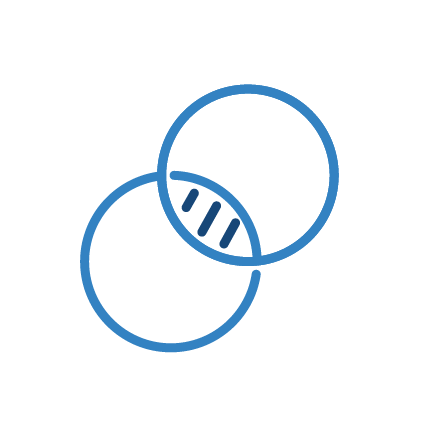
Transparent
Index calculation and changes to the index composition follow publicly available transparent rules. Please visit the Guide to the DAX Equity Indices for a complete overview
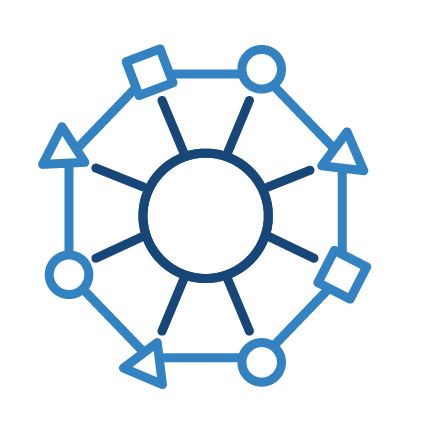
Diversified across sectors
DAX is well diversified across sectors and generally covers over three quarters of the aggregated market cap of companies listed on the Regulated Market of FSE
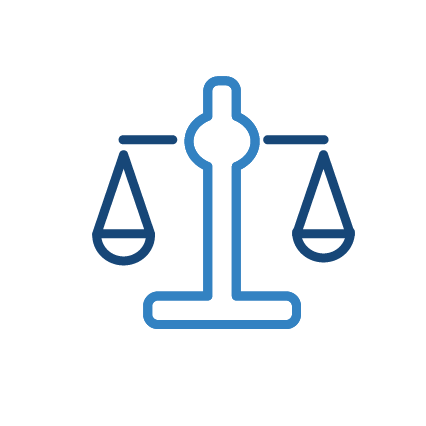
Well balanced
Diversification is achieved by incorporating a capping factor of 15% at component level, which ensures that no component can dominate the index

High quality
Index components must comply with a set of basic criteria, among which is the requirement for timely publication of financial statements and positive EBITDA for the two most recent fiscal years for new index candidates
Index methodology
Index composition is determined on the basis of a clear and publicly available set of rules.
The basic criteria for including companies in DAX are: an existing listing on the Regulated Market of the Frankfurt Stock Exchange (FSE), continuous trading on Xetra®, minimum free float of 10%, legal headquarters or operating headquarters in Germany, timely publication of audited Annual Financial Report, half-yearly Financial Reports and Quarterly Statements.
To be included in DAX, a company that is not an index component yet, must satisfy the following FSE minimum liquidity requirement: minimum order book volume over the last 12 months of 1 bn EUR or turnover rate of 20%. A company that is already an index component must have a FSE minimum order book volume over the last 12 months of at least 0.8 bn EUR or show a turnover rate of 10%. In order to be eligible for DAX, companies that are not components of DAX at the time the ranking list is compiled must show a positive EBITDA for the two most recent fiscal years.
The selection of index components is based on free-float market capitalization. The index composition is reviewed quarterly based on the Fast Exist and Fast Entry rules and semi-annually based on the Regular Exit and Regular Entry rules.
As of March 18, 2024, the index weighting of an individual share is capped at 15% (previously 10%).
The number of DAX holdings was increased from 30 to 40 effective September 20, 2021.
Deutsche Börse Group has been calculating DAX since July 1, 1988. In September 2019, STOXX Ltd. started administering DAX.
Details
Top 10 Components
| SAP | DE |
| SIEMENS | DE |
| ALLIANZ | DE |
| AIRBUS | DE |
| SIEMENS ENERGY | DE |
| DEUTSCHE TELEKOM | DE |
| RHEINMETALL | DE |
| MUENCHENER RUECK | DE |
| DEUTSCHE BANK | DE |
| INFINEON TECHNOLOGIES | DE |
